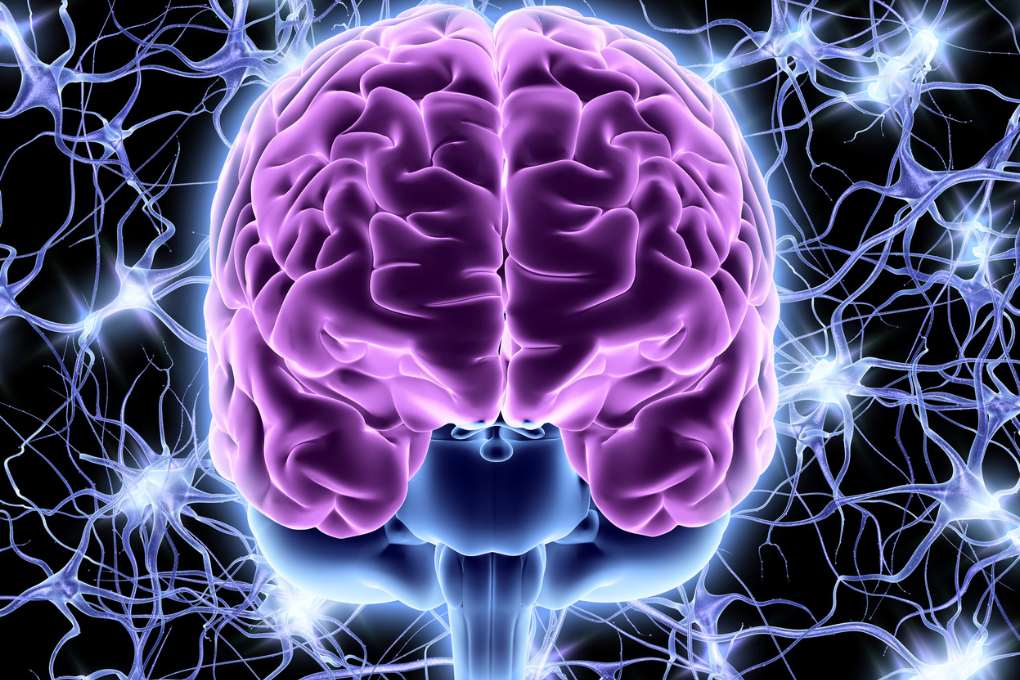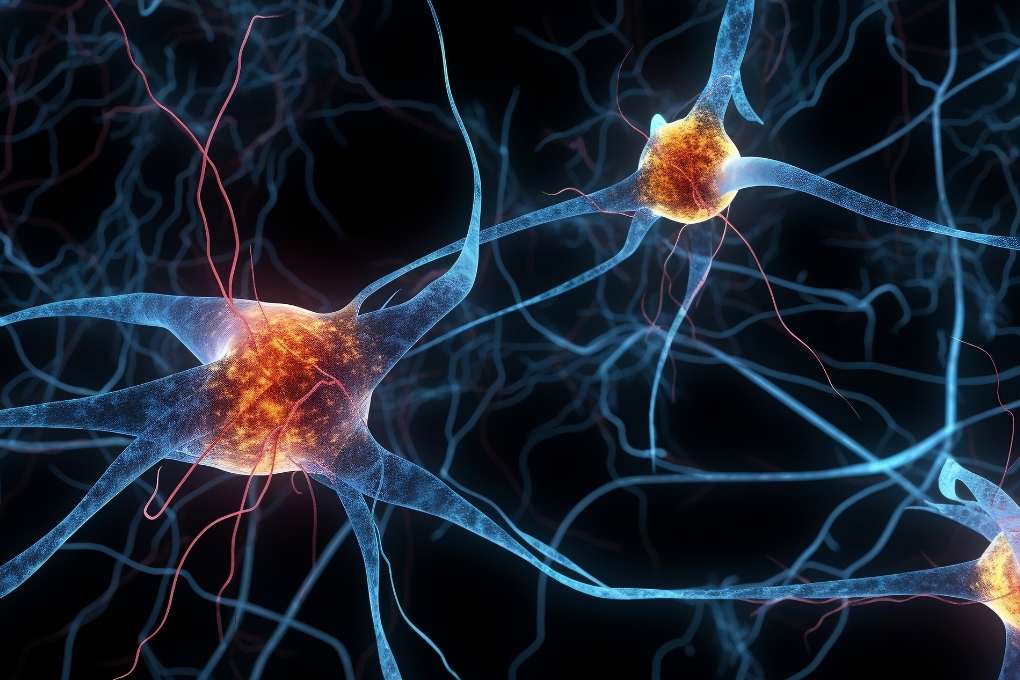Cocaine is a highly addictive stimulant drug that alters the brain’s reward system and leads to compulsive drug seeking behavior and addiction. Understanding how cocaine interferes with these natural processes of the brain is critical in understanding its devastating impact on individuals and society alike.
Brain’s Reward System
The reward system in your brain is an intricate network of structures and neurotransmitters which regulate feelings of pleasure and motivation, playing an essential role in survival as it reinforces behaviors such as eating and social interaction that promote life itself.

Dopamine plays an integral part in our reward system. When engaging in pleasurable activities, dopamine is released in our brain’s reward center (nucleus accumbens). This leads to feelings of satisfaction and encourages repeat behaviors.
Cocaine Subverts the Reward System
Cocaine disrupts the normal functioning of the reward system by increasing dopamine levels in the nucleus accumbens. Dopamine should normally be recycled back into its source neurons for recycling; however, cocaine disrupts this reuptake process and causes an excess of dopamine to remain in synaptic clefts, leading to its accumulation.
Artificial dopamine surges produce an intense feeling of euphoria or “high,” much stronger than anything naturally produced by the brain. As a response, however, dopamine receptors decrease and production drops off, creating further disruption within its system and producing further “highs.”
As a result, tolerance forms within the brain and more cocaine is needed for satisfying effects; leading users to take more of it and ultimately leading them down a path towards addiction.
The Cycle of Addiction
Addiction Is A Cycle Addiction can be defined as compulsive drug-seeking behavior despite adverse consequences, particularly with cocaine addiction as a brain’s adaptations can make quitting harder than other addictions.

As soon as the effects of cocaine wear off, users experience an abrupt rebound characterized by depression, fatigue and an intense craving for it. This craving stems from your brain trying to restore normal dopamine levels and function.
Reducing withdrawal symptoms and experiencing that euphoric high again often results in repeated cocaine usage, further reinforcing addiction.
Long-Term Effects on the Brain
Chronic cocaine abuse can result in permanent changes to brain structure and function that persist even after prolonged abstinence from its use. These lasting changes could possibly include cognitive deficits that last well into middle age.

Cocaine use may damage the brain’s white matter, responsible for inter-brain communication. This damage may impair cognitive functions such as decision-making, learning, and memory storage.
Additionally, prolonged cocaine abuse has been linked with an increased risk of stroke, seizures, and brain inflammation.
Treatment and Recovery
Recovering from cocaine addiction requires taking an integrative approach that addresses both physical and psychological components of the disorder. Treatment often includes both cognitive-behavioral therapy (CBT) and contingency management techniques as well as medications to alleviate withdrawal symptoms and cravings.
Recovery is an ongoing journey, necessitating support, lifestyle adjustments and the formation of effective coping mechanisms. Relapse can occur easily; for those in recovery it’s vital they seek assistance as soon as they need it.
Cocaine’s ability to hijack the brain’s reward system is an essential aspect of its addictive nature, and understanding this relationship can assist with informed decisions regarding drug use or supporting those struggling with addiction. With proper care and support services in place, recovery from cocaine dependency is achievable – however it takes commitment over time towards healthier lifestyle choices.
Learn “The Extraordinary Importance of Sleep“, emotional well-being, and overall health. Prioritizing quality sleep is vital for peak physical and mental performance. Explore further insights here.




